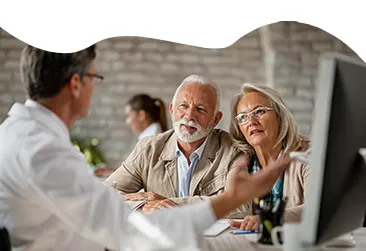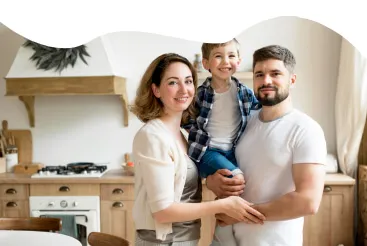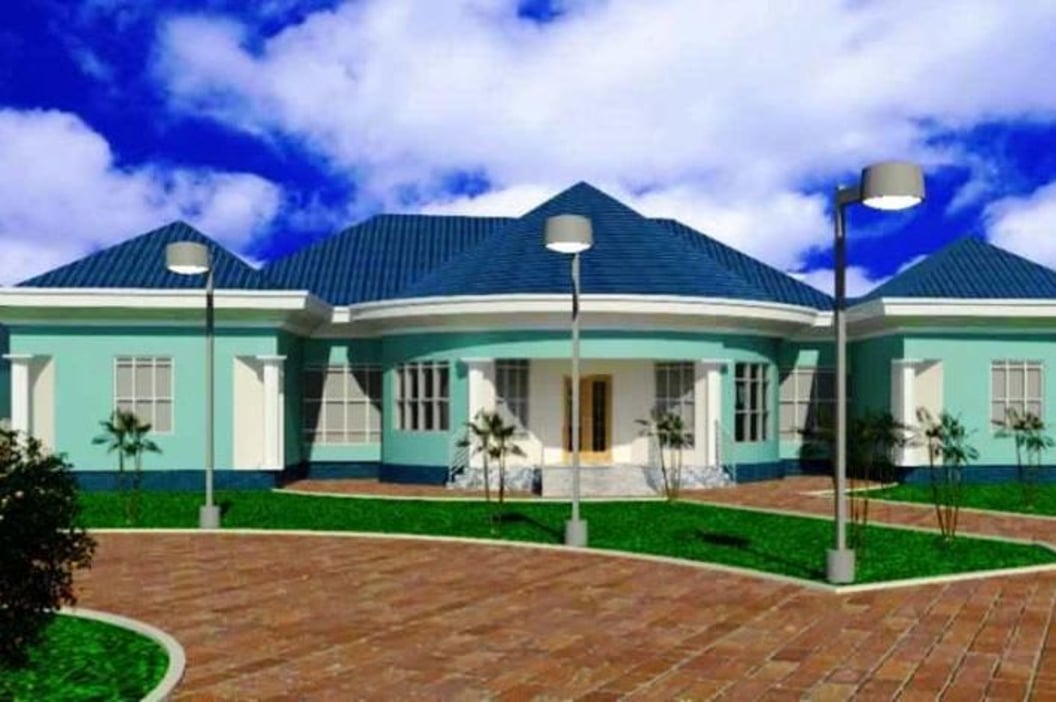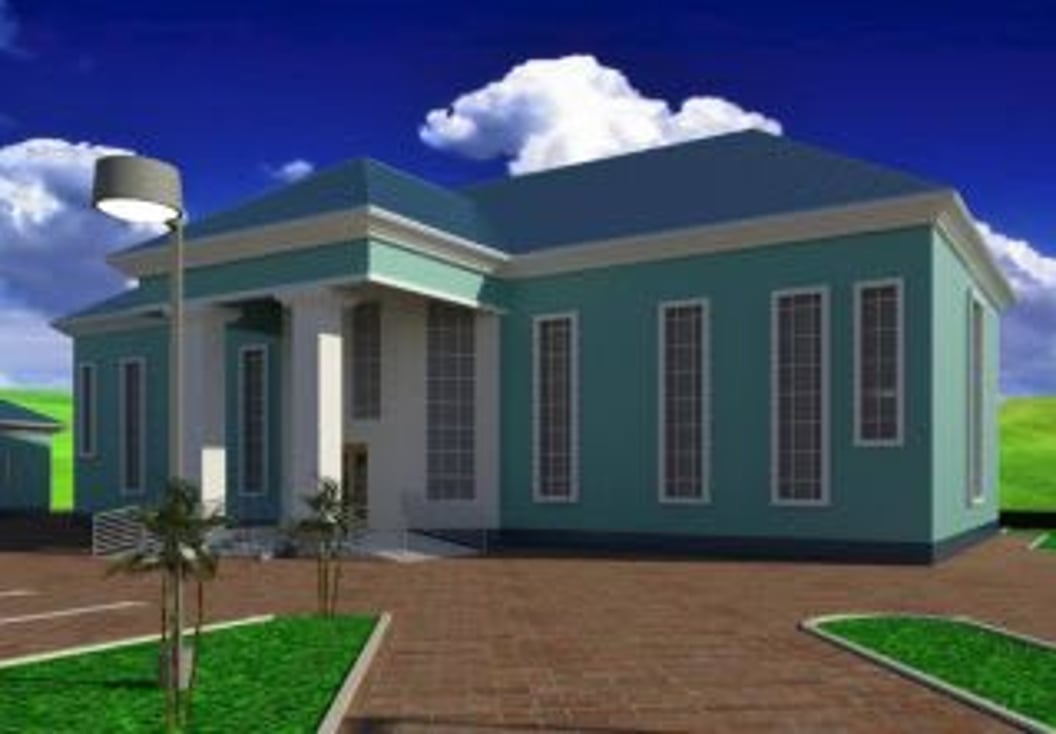Empowering Lives With Compassion
Foundation For The Disabled Inc, our mission is simple yet profound: to improve the lives of individuals with disabilities. With over 25 years of experience, we’ve worked tirelessly to offer practical support and compassionate care, enhancing the well-being of those who need it most. Whether you're a caregiver, a philanthropist, or someone seeking guidance, you’ll find a community committed to making a lasting difference. Join us in transforming lives, one step at a time.
We take great pride in our ability to provide focused attention to your specific needs and your are the heart of everything we do.
Experience Services That Truly Prioritize Your Needs.
Comprehensive Solutions Designed to Elevate Your Health, Security, and Peace of Mind.
Our expert-driven services cater to your unique requirements, ensuring seamless support and unmatched satisfaction. Discover the difference with us today.
Our Story and Purpose
Founded over 25 years ago, Foundation For The Disabled Inc. grew out of a deep personal connection to disability care. Having witnessed the struggles of disabled individuals and the abandonment of elderly family members, I dedicated my life to changing their stories. Our non-profit organization serves as a beacon of hope, offering physical and emotional support for those who have been overlooked by society. Every day, we work towards creating a more inclusive world for those who need it most, with a focus on care, compassion, and community.
Services
Our services provide comprehensive support assistance for you and your family’s well-being. With plans tailored to your needs, we stand by your side in challenging times. Experience unparalleled support and ensuring peace of mind.

A Holistic Approach
We believe in addressing the physical, emotional, and social needs of individuals, promoting overall well-being and a better quality of life.


Focus on Dignity and Respect
We prioritize the dignity and respect of every individual, ensuring they feel valued, appreciated, and empowered in their daily lives.


Commitment to Quality Care
We take pride in providing the highest standard of care, ensuring every individual receives the personalized attention they truly deserve.


Creating Inclusive Environments
Stay proactive with health screenings and wellness programs. Prevention leads to better outcomes.
We foster inclusive environments where everyone, regardless of their abilities, feels welcome, accepted, and able to thrive.


Transparency and Accountability
Access quality care without upfront payments at partner hospitals. Focus on healing, not finances.
Our commitment to honesty and transparency in everything we do ensures that families and supporters trust us to act in their best interests.


Long-Term Impact
Get expert assistance anytime, anywhere for all your health insurance queries. We're here for you.
Our mission is not just about short-term assistance—it’s about creating lasting, positive change in the lives of individuals and their communities.

Support Our Mission With Personalized Cups
Ready to make a donation?
Protect your health with flexible insurance plans covering doctor visits, hospital stays, prescriptions, and more. Whether for individuals, families, or groups, we make securing your future easy. Explore your options today!


Your Trusted Partner for Unmatched Insurance Solutions.
A New Chapter for the Center
At the Foundation for the Disabled, our commitment to empowering lives takes a significant leap forward with our latest project - the construction of a dedicated male hostel at the Center for Disabled. This initiative is rooted in the belief that every individual, regardless of their abilities, deserves a safe, supportive, and inclusive living space. As we embark on this endeavor, we invite you to join hands with us to create a haven that fosters independence, dignity, and a sense of community.
Key Features
Accessibility: The hostel will be designed with universal accessibility in mind, ensuring that individuals with varying mobility needs can navigate the space independently.
Comfortable Living Spaces: Each resident will have access to thoughtfully designed living quarters that prioritize both functionality and comfort.
Community Areas: Common areas will provide opportunities for socialization, shared activities, and a sense of camaraderie among residents.
Support Services: The hostel will offer on-site support services, including counseling, healthcare, and vocational training, fostering holistic development.


TESTIMONIALS
What Client Our Says About Us


— John M.- From Chicago


— Sara K.- From Chicago


— Carlos Garcia - From Chicago
Frequently Asked Questions
What makes your foundation different from others?
Our support plans are tailored to meet individual needs to ensure your peace of mind.
How do I know which service is right for me?
Our experts provide personalized consultations to assess your needs and recommend the best plan that suits your abilities, health, , and lifestyle.
Can I make changes to monthly donations?
Yes, we offer easy donation adjustments to ensure your gift level stays up to date with any changes in your life or needs.
I want my adult handicapped child to live at home?
Yes, we offer family support plans that cover all ages, ensuring your loved ones are encouraged with comprehensive support.
How quickly can support services be made available?
Our process is fast and efficient, allowing you to submit support request easily, with most clients being processed within 48-72 hours.
Get the Expert Guidance You Need for Smarter Insurance Decisions.
The Center for Disabled has been a pillar of support for individuals facing diverse challenges.
However, as we closely engage with the community, it has become evident that there is a pressing need for a hostel within the center. Many disabled people lack accessible and comfortable living spaces, hindering their ability to lead independent lives.
How You Can Help
Financial Support: Your donations will play a crucial role in funding the construction, ensuring that the hostel meets the highest standards of accessibility and comfort.
Volunteer Expertise: If you possess skills in construction, architecture, or project management, consider lending your expertise to help us bring this project to fruition.
Spread the Word: Share our vision on social media, in your communities, and among your networks to garner support and awareness for this impactful project.

Personalized Guidance
Receive expert recommendations based on your personal needs, goals, and budget. Our advisors take the time to understand your situation and provide tailored solutions.

Hassle-Free Process
Consultations are simple and straightforward. We walk you through every step, making sure you feel confident in your choices and comfortable with the plan.

Fast & Efficient
Get quick answers to your questions and speedy service. We value your time and aim to provide timely and accurate information.


Address
1349 Lynn Ave, Bethlehem PA 18015

Phone
(570) 241-7699
Get in Touch
Contact Us
Facebook
Twitter
Instagram
Quick Links
About Us
Services
FAQ
Blogs
Contact Us
Popular Services
Comprehensive Coverage
Family Protection
Critical Illness Care
Preventive Health Plans
Cashless Hospitalization
24/7 Support
© Copyright 2026 Foundation For The Disabled - All Rights Reserved.
